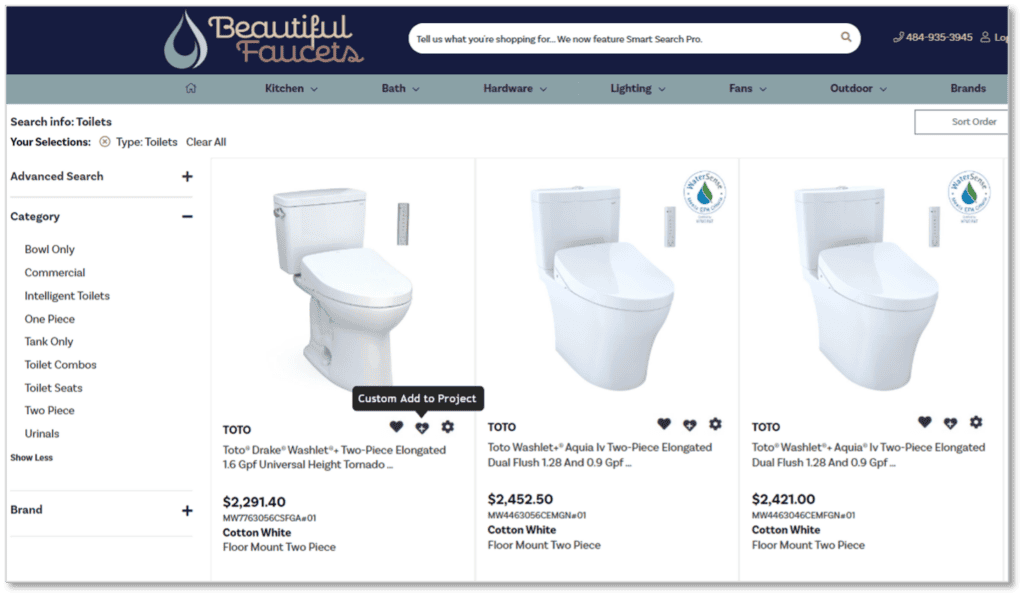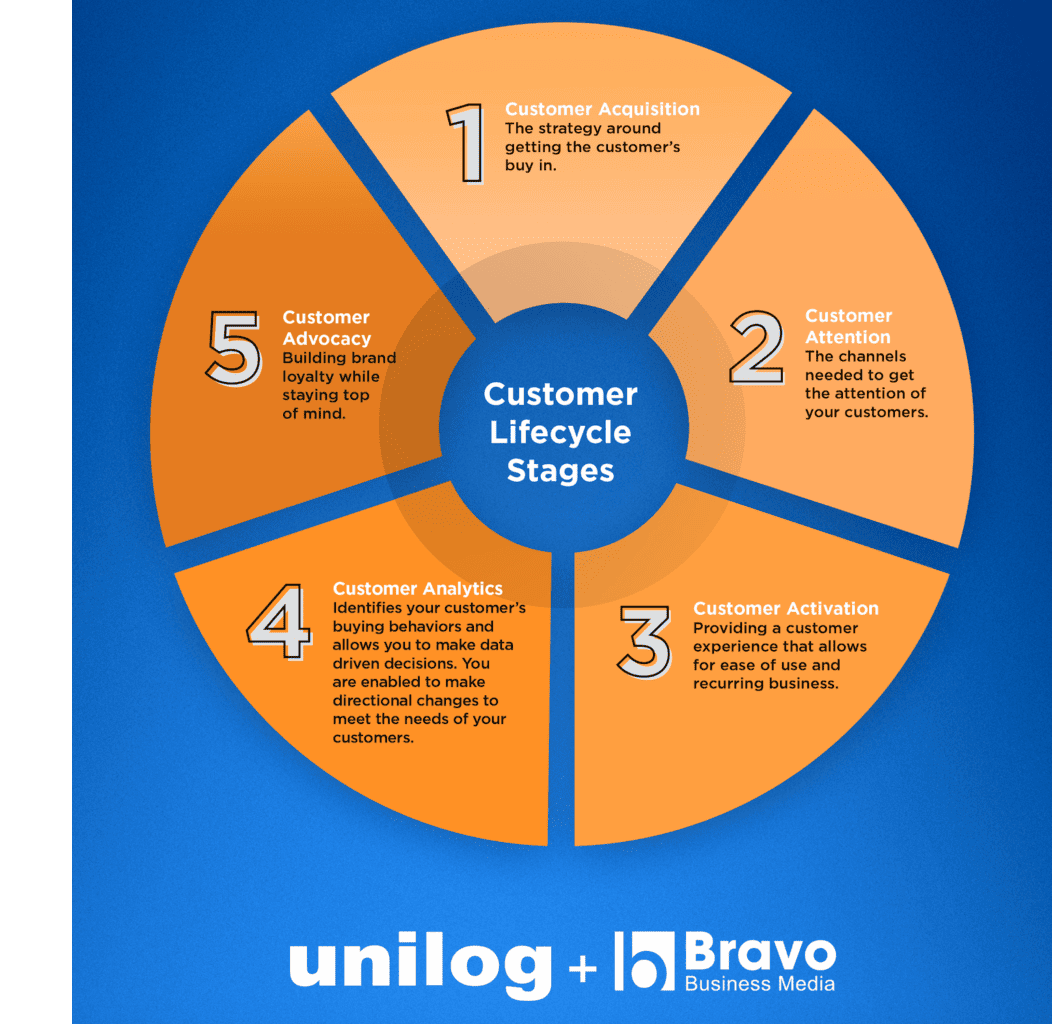If you want to stay ahead of the competition, deliver real value to customers, and strengthen your brand, you have to evolve the way you do business. Today, speed and convenience top the list of customer needs. Speed means...
If you want to stay ahead of the competition, deliver real value to customers, and strengthen your brand, you have to evolve the way you do business. Today, speed and convenience top the list of customer needs. Speed means efficient shopping methods, quick and easy transactions, and lightning-fast service. Convenience, however, can mean different things to different buyers. A younger, digital-native buyer considers ordering from a mobile app convenient, while a more traditional B2B buyer believes convenience is picking up the phone and placing an order with their sales rep. The only way to satisfy all your customers is by evolving into an omnichannel business – one that offers multiple channels and methods to shop and buy your products in a seamless manner.

Omnichannel is an integrated approach for selling to and servicing customers across all your relevant traditional and digital channels so, no matter how many different channels or methods they use, your customers will enjoy a consistent, unified experience.
The Benefits of an Omnichannel Strategy
Unilog is a big advocate of omnichannel selling because we’ve seen the benefits omnichannel provides our customers. An omnichannel strategy also results in greater success at an enterprise level:
1. Creates seamless system integration
Omnichannel selling utilizes a product information management (PIM) tool as the single source of truth for your product data, removing data silos and disparity across systems and sales channels.
2. Supports your customer-centric strategy
Offering customers additional ways to shop attracts more buyers and offers another level of convenience and benefits. And the fact that their user experience is always consistent, regardless of how they interact with you, garners trust and loyalty.
3. Provides transparency
A comprehensive API set gives you deep connectivity between your systems to ensure consistent data across systems. The integration between your eCommerce platform and ERP is especially critical in that it displays the most current pricing and availability for your products.
4. Makes your business more agile
Moving to tightly connected cloud-based systems is table stakes in today’s marketplace and a must-have for omnichannel selling. An enterprise-grade infrastructure helps provide the elasticity, speed, and security to fuel your omnichannel success and give you the flexibility you need as your business grows.
McKinsey & Company research finds that omnichannel is the leading approach to B2B sales and 94% of the B2B decision makers they surveyed say omnichannel is as effective if not more effective than the sales model they implemented before 2020. As a result, McKinsey predicts that B2B sales staff will continue to embrace a more hybrid role – employing a mixture of in-person and online consultation – to accommodate customers and close deals.
If you’re looking to create an omnichannel business, let Unilog help you on your journey. As the leader in connected product content and commerce, we know that system integration and a seamless user experience are critical to omnichannel success. Our CX1 Platform is a connected suite of cloud-based solutions designed to help you sell more, stay relevant, and create a user experience unlike any other. The CX1 Platform combines a flexible eCommerce solution, unmatched product content, dynamic product information management, and system integration to give you the versatility and features that fit your needs today while providing a platform for your growth in the future. Request a demo to see how well our solutions integrate with your backend systems to create a truly omnichannel experience for your customers.
The post Omnichannel Selling: The Best Strategy for Success first appeared on Unilog: B2B eCommerce Software & Product Content Services.











